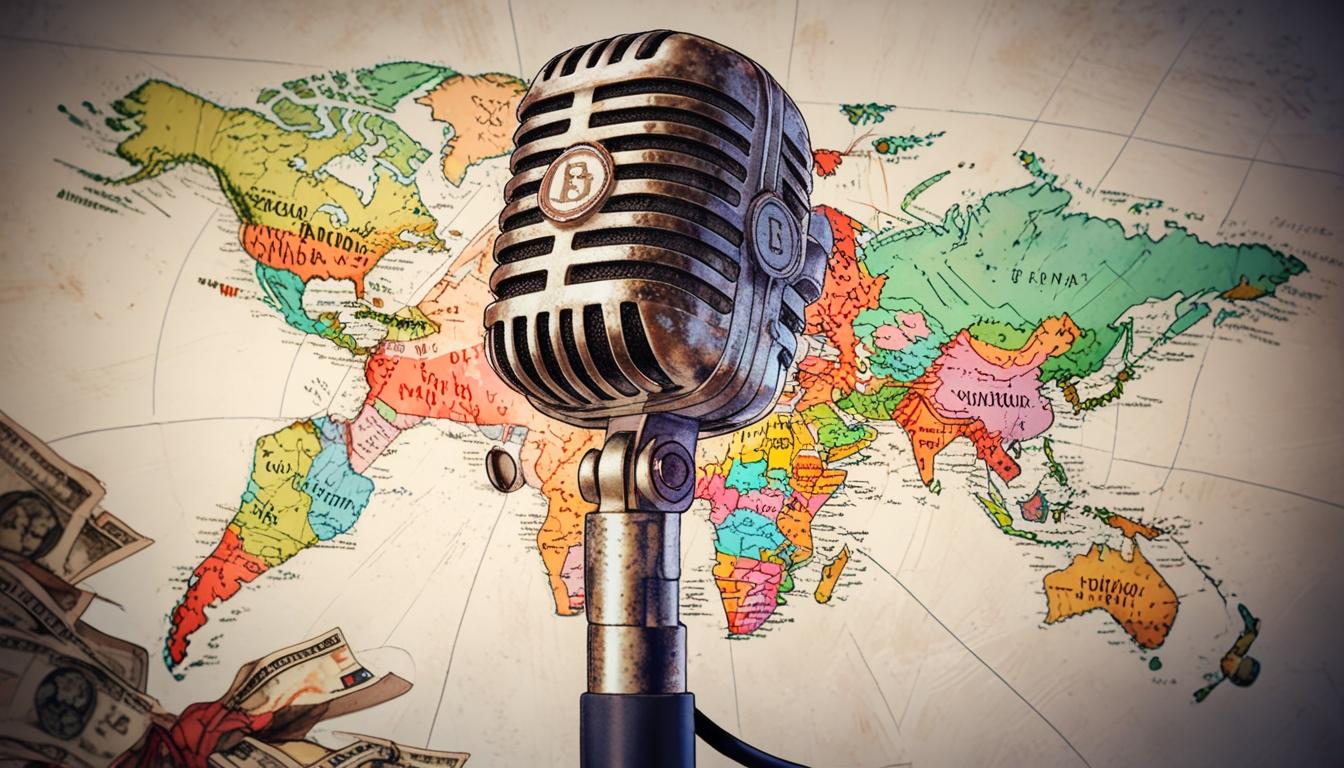The ongoing discussions surrounding funding cuts to the BBC World Service have stirred significant concern about the future of this vital institution. David Lammy, the UK's Foreign Secretary, has pressed BBC executives to outline cuts of up to £70 million annually as the government grapples with a constrained aid budget following a controversial reduction in foreign aid. This request comes at a time when the BBC, revered for its global presence and journalistic integrity, is already facing immense financial pressure.
According to significant reports, the Foreign Office's proposed budget cuts would further strain the World Service, which primarily relies on the overseas development assistance (ODA) budget for about 80% of its funding. The government has earmarked a near 50% cut to this fund as part of an effort to increase defence spending, leading to fears that such reductions could damage the UK’s influence and standing in international affairs. Sources within the BBC have voiced alarm that the model for cutting funds doesn’t take into account inflation factors, which currently sit at 4.3% globally—significantly outpacing the proposed budget freeze.
Emily Thornberry, Labour's chair of the foreign affairs select committee, underscored the importance of the World Service in combatting disinformation. Speaking about the situation, she stated, “In this age of disinformation, when spreading lies is a new form of warfare, we must fight back.” This sentiment reflects a growing recognition of the World Service as not merely an aspect of broadcasting, but as a critical tool for soft power and an essential mechanism in the fight for truth in a more chaotic information landscape.
Tim Davie, the BBC's director general, has also emphasised the gravity of the situation, cautioning that his institution is at a "borderline crisis" regarding funding for public service broadcasting. He posited that, to continue its essential operations, the BBC World Service would ideally require £200 million of government support annually, an amount that starkly contrasts with the figures being considered by the government. Davie pointed out that proposed cuts might drive funding down to a troubling £130 million to £140 million, further exacerbating an already precarious financial outlook.
Recent moves by the BBC to cut approximately 130 jobs, aimed at saving around £6 million, provide a stark illustration of the dire financial environment. While the organisation has asserted that it will continue to provide its extensive services across 42 languages, the necessary downsizing reflects a broader strategy to navigate the challenging fiscal waters shaped by both inflation and changes in funding arrangements. Jonathan Munro, the World Service’s global director, expressed deep concerns over the ramifications of these layoffs, particularly in light of how reductions in service can quickly allow state-backed alternatives, especially from Russia and China, to fill the resulting void in certain regions.
Indeed, the geopolitical implications of these cuts cannot be overstated. The recent closure of BBC Radio Arabic in Lebanon serves as a case study in how the vacuum left by the BBC is often filled by less scrupulous state-run media outlets. Reports have indicated that following this withdrawal, propaganda from Russian media now occupies that airspace, underscoring the rapid, real-world consequences of the BBC's diminishing presence.
Although the UK government claims to value the BBC World Service, questions have arisen about its commitment to securing the funding necessary for the service to thrive and to compete effectively against other international news organisations with greater financial resources. As the BBC World Service prepares for potentially reduced budgets, the emphasis on protecting and expanding its unique brand of impartial, trusted journalism seems more crucial than ever. Stakeholders across the political spectrum are increasingly advocating for a reassessment of funding policies, asserting that in a world where disinformation proliferates, the conditions for informed, accurate reporting must be safeguarded.
The unfolding situation highlights the delicate balance between fiscal responsibility and the necessity of maintaining a robust international broadcasting service, which serves not only to inform but simultaneously to protect and promote democratic values globally. With discussions still ongoing, the future of the BBC World Service hangs in the balance, and the broader implications of funding cuts pose a significant risk to the UK's soft power and its role as a champion of truth in a world rife with competing narratives.
Reference Map
- Paragraph 1: [1], [2]
- Paragraph 2: [1], [4]
- Paragraph 3: [1], [5]
- Paragraph 4: [1], [3]
- Paragraph 5: [6], [7]
- Paragraph 6: [3], [4]
- Paragraph 7: [3], [6]
- Paragraph 8: [1], [2]
Source: Noah Wire Services
